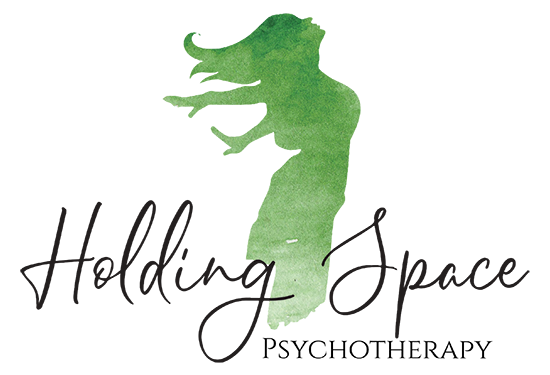Anxiety during or following pregnancy
6% of pregnant women develop anxiety and 10% of women experience anxiety following pregnancy. Often times women experience anxiety in addition to depression.
Symptoms may include:
- Excessive worrying
- Racing thoughts that you have difficulty controlling
- Feeling ‘doom and gloom’ like something bad is going to happen
- Sleep/appetite disturbances
- Difficulty relaxing
- Panic



